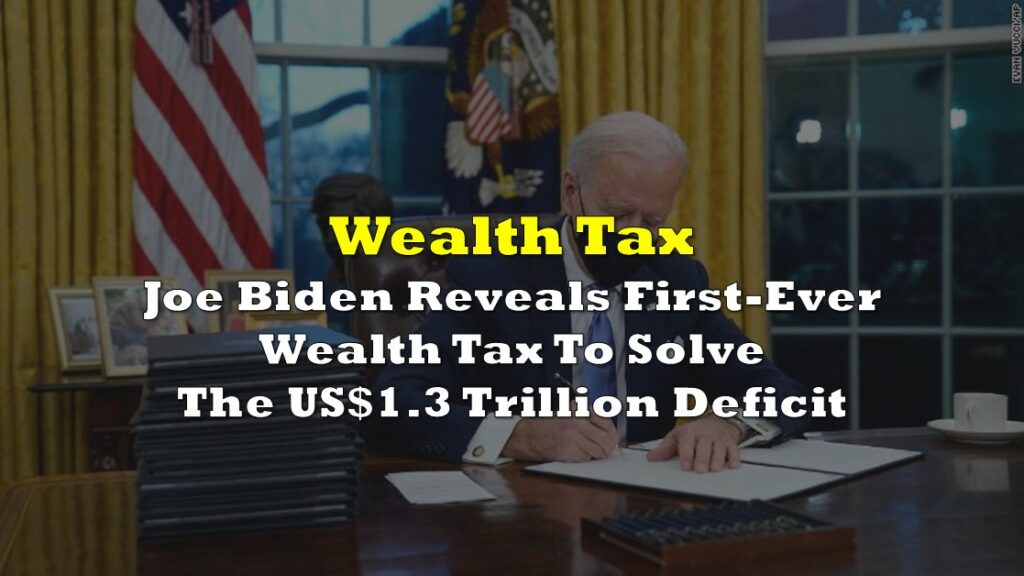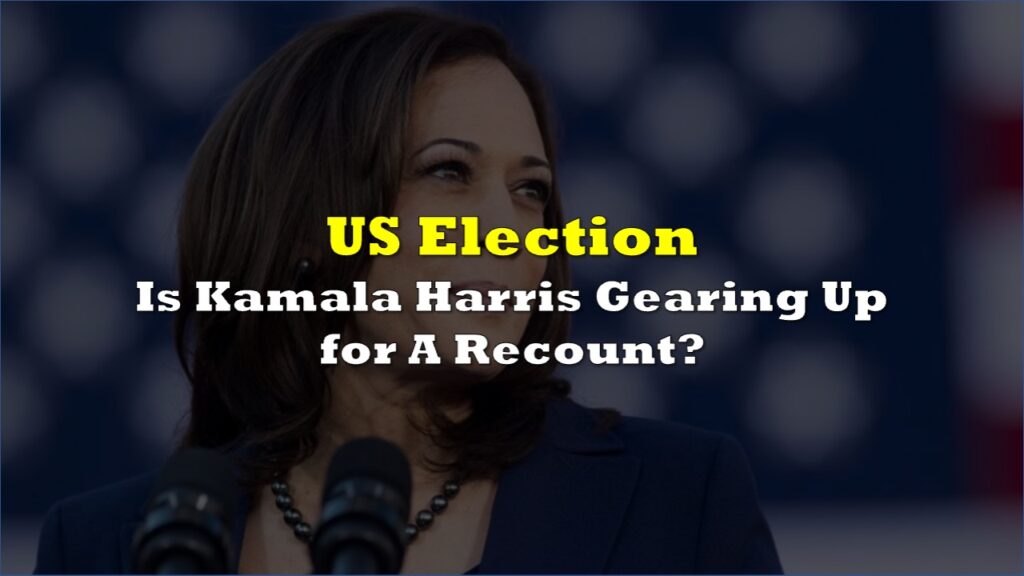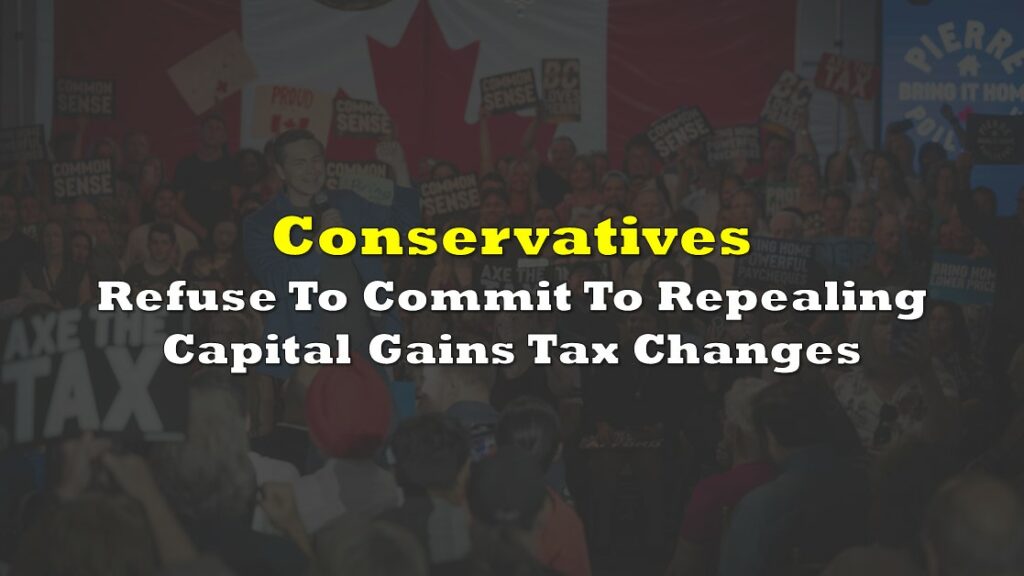As the election season heats up, US Vice President Kamala Harris has publicly backed President Joe Biden’s proposal to raise capital gains taxes, a key component of his broader economic agenda aimed at addressing wealth inequality in the United States. The proposal, which includes substantial changes to how capital gains are taxed, has elicited strong reactions from financial experts, political commentators, and everyday Americans alike.
Biden’s tax plan, unveiled as part of his 2024 budget proposal, seeks to increase the capital gains tax rate for the wealthiest Americans. The plan includes raising the top capital gains tax rate from 20% to 39.6% for those earning more than $1 million annually, alongside a new 25% minimum tax on individuals with more than $100 million in wealth.
This “Billionaire Minimum Income Tax” is designed to ensure that the ultra-wealthy pay at least a minimum rate on their income, including unrealized gains—appreciation in assets that have not yet been sold.
Biden’s proposal also aims to increase corporate taxes, with the corporate tax rate set to rise from 21% to 28%. Other notable provisions include a 4% tax on stock buybacks, a 21% global intangible low-taxed income (GILTI) tax, and an expansion of the Net Investment Income Tax (NIIT) to include non-passive business income for those earning over $400,000.
The proposal has been met with mixed reactions. Supporters argue that these tax increases are necessary to address the growing wealth gap in the United States and to fund critical social programs.
Harris, in her endorsement of the plan, emphasized the importance of ensuring that the wealthiest Americans pay their fair share. “This is about fairness and making sure our tax system works for everyone, not just the wealthy,” Harris stated during a recent campaign event.
However, critics have been quick to point out potential downsides. Jameson Lopp, co-founder of Casa, highlighted the potential risks of taxing unrealized gains by pointing to Norway’s experience.
“Norway expected an additional $150M in annual tax revenue but caused $54B in wealth to flee the country, costing them $600M in annual tax revenue,” Lopp noted in a social media post, cautioning against similar outcomes in the U.S.
Has anyone told her how taxing unrealized gains worked out for Norway?
— Jameson Lopp (@lopp) August 20, 2024
Norway expected an additional $150M in annual tax revenue, but caused $54B in wealth to flee the country, costing them $600M in annual tax revenue.https://t.co/lozGbnigmo
Just a friendly reminder that taxing unrealized capital gains is dumb.
— Douglas A. Boneparth (@dougboneparth) August 20, 2024
The unrealized gains debate
The inclusion of a tax on unrealized gains has been one of the most controversial aspects of Biden’s proposal. Unrealized gains refer to the increase in the value of an asset that has not yet been sold. Traditionally, capital gains taxes are only applied when an asset is sold and the gain is “realized.” The proposal to tax these gains before they are realized represents a significant shift in U.S. tax policy.
Critics argue that such a tax would be difficult to implement and could lead to unintended consequences, such as forcing wealthy individuals to sell assets to pay their tax bills, potentially destabilizing markets.
Carol Roth, an entrepreneur and author, voiced concerns about the legality and fairness of taxing unrealized gains, stating, “Taxing wealth is not allowed. ‘Unrealized capital gains’ is not a thing. Do not normalize it. Call it out for what they are proposing: unlawful seizure of personal property.”
Taxing wealth is not allowed. "Unrealized capital gains" is not a thing. Do not normalize it. Call it out for what they are proposing: unlawful seizure of personal property.
— Carol Roth (@caroljsroth) August 20, 2024
If you agree it's ok for the "wealthy", you agree it is ok for you and that's what they want.
Every election cycle I’m bewildered we don’t look at the philanthropy offered by much of the corporate elite that’s vilified. There are charter schools all over New York paid for by Langone. NYU medical school paid for by Langone. If we start taxing their unrealized gains what…
— The Inner Circle Trading Group DP David Prince (@epictrades1) August 20, 2024
Proponents, however, argue that taxing unrealized gains is a necessary step to ensure that the ultra-wealthy contribute their fair share to society. They point out that many of the richest Americans accumulate vast wealth through assets that appreciate over time, such as stocks and real estate, without ever paying taxes on this wealth until they sell these assets. By taxing unrealized gains, the government could capture revenue that would otherwise remain untaxed for years or even decades.
Adam Cochran, a prominent figure in the cryptocurrency and financial space, weighed in on the controversy, offering a more nuanced perspective on Harris’s position. In a social media post, Cochran clarified that while Harris endorsed the broader tax increases proposed by Biden, she did not explicitly endorse the contentious “unrealized gains” tax.
“Her campaign endorsed the increases in tax rate on corporate tax and personal tax rate over $400k in this plan,” Cochran stated. He also pointed out that even under Biden’s proposal, the unrealized gains tax would only apply to those with over $100 million in gains annually, affecting a very small fraction of taxpayers.
“You should stop getting your news from WatcherGuru and other shitty ‘News’ accounts that rewrite headlines,” he advised, urging a more informed and rational discourse on the issue.
So you fuckwits did it again and ran up the rumor mill.
— Adam Cochran (adamscochran.eth) (@adamscochran) August 20, 2024
Harris did not endorse an “unrealized gain” tax.
-Harris’ campaign endorsed the *increases* in tax rate on corporate tax and personal tax rate over $400k in this plan.
-They did not comment on introducing new taxes like… https://t.co/Jvv8JoYfJG
The debate over capital gains tax increases is part of a larger discussion about how to address economic inequality in the United States. According to a report by the Congressional Budget Office (CBO), wealth inequality in the U.S. has been steadily rising, with the top 1% of households now owning more wealth than the entire middle class combined. Proponents of Biden’s tax plan argue that these measures are necessary to correct this imbalance and to fund social programs that benefit lower- and middle-income Americans.
However, opponents warn that such tax increases could have negative economic consequences. Critics argue that higher taxes on investment income could discourage investment, reduce economic growth, and lead to capital flight, where wealthy individuals move their assets or themselves to lower-tax jurisdictions. As David Prince of The Inner Circle Trading Group pointed out, “Under the Harris proposal, the top combined federal-state capital gains tax will exceed 50% in many states,” raising concerns about the potential for wealthy individuals to relocate or reduce their investments.
Under the Harris proposal, the top combined federal-state capital gains tax will exceed 50% in many states. California: 59% New Jersey: 55.3% Oregon: 54.5% Minnesota: 54.4% New York: 53.4%
— The Inner Circle Trading Group DP David Prince (@epictrades1) August 20, 2024
As the 2024 presidential election heats up, recent polls indicate a highly competitive race between Harris and former President Donald Trump. According to a Marist Poll conducted in early August 2024, Harris currently holds a slight lead over Trump, garnering 51% of the vote compared to Trump’s 48% in a head-to-head matchup among registered voters. This marks a notable shift from earlier in the year when Trump led by a small margin following Biden’s exit from the race.
Harris’s support appears to be solidifying among key demographic groups that had shown signs of wavering during Biden’s campaign. For instance, Harris leads Trump by 17 points among Hispanic voters and has a strong advantage among Black voters, with 77% supporting her compared to just 13% for Trump.
However, the race remains tight, with Trump still holding an edge among White voters and those over 50. In key battleground states, the contest is similarly close, with recent polls showing Harris and Trump nearly tied in states like Michigan, Pennsylvania, and Wisconsin.
Information for this story was found via the sources mentioned. The author has no securities or affiliations related to this organization. Views expressed within are solely that of the author. Not a recommendation to buy or sell. Always do additional research and consult a professional before purchasing a security. The author holds no licenses.









